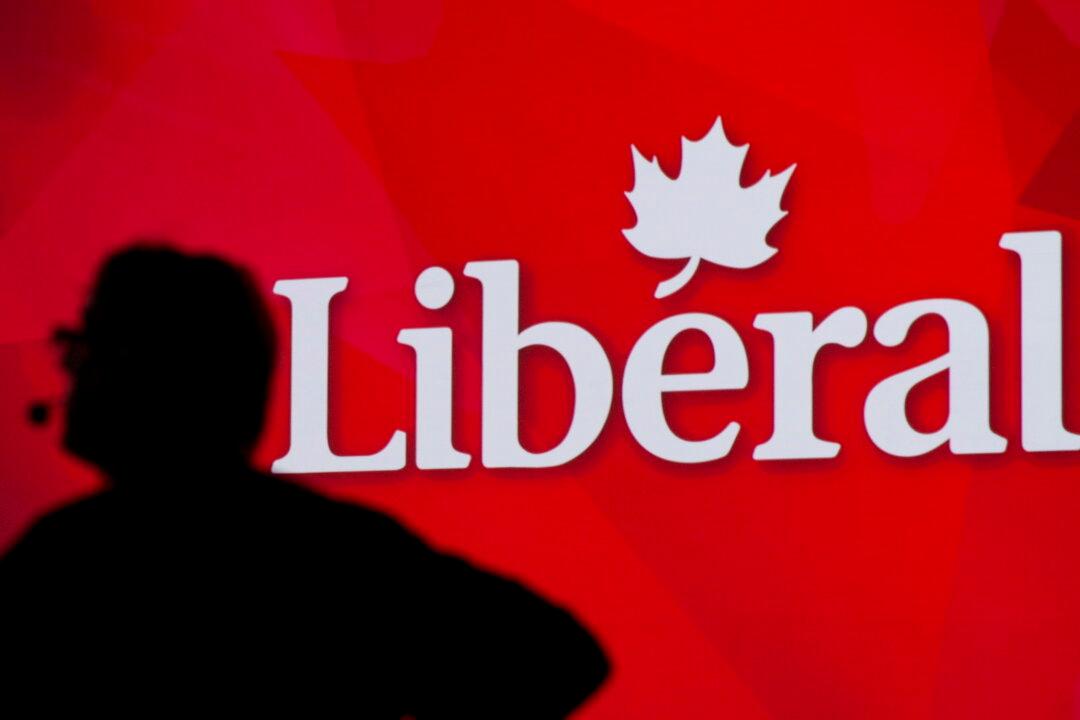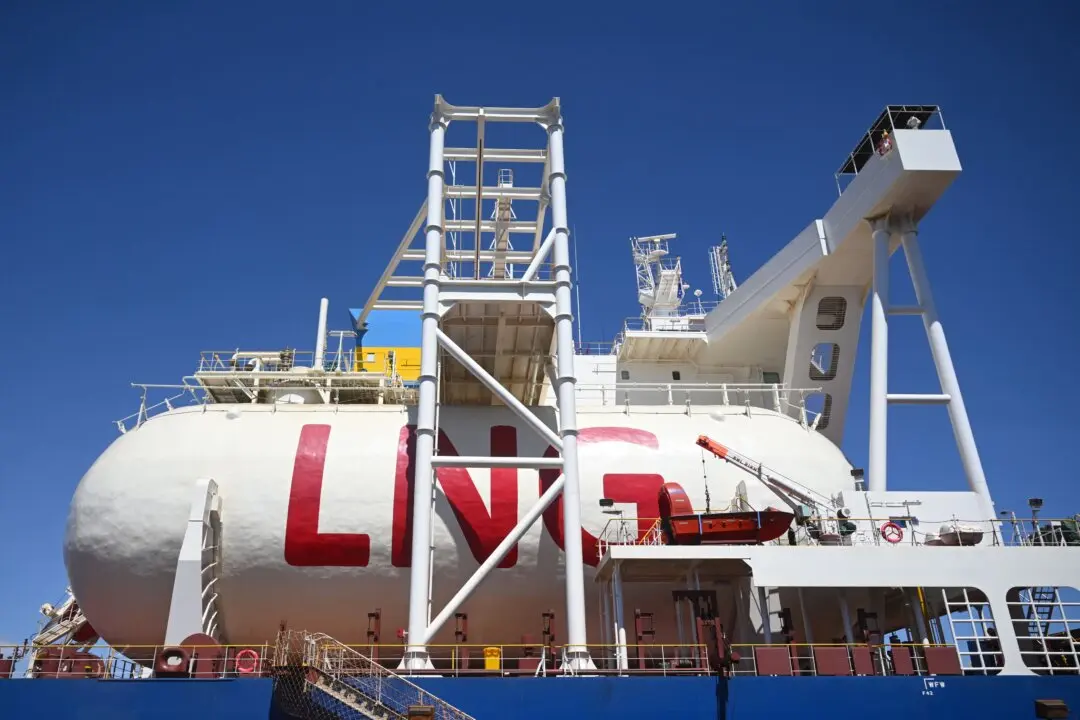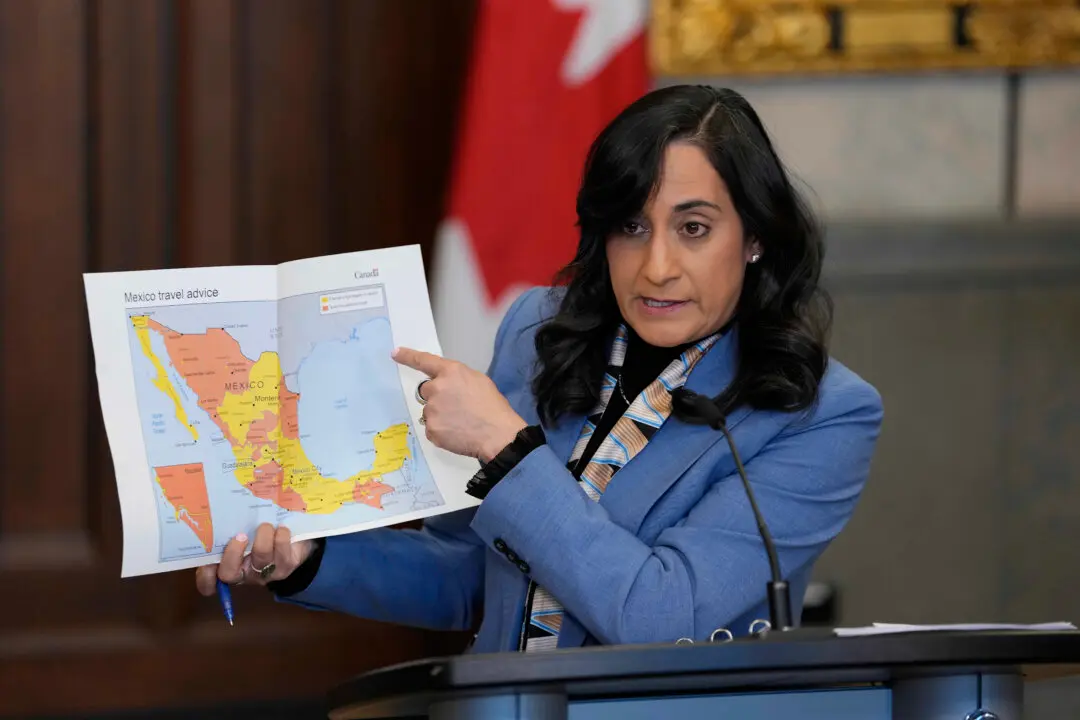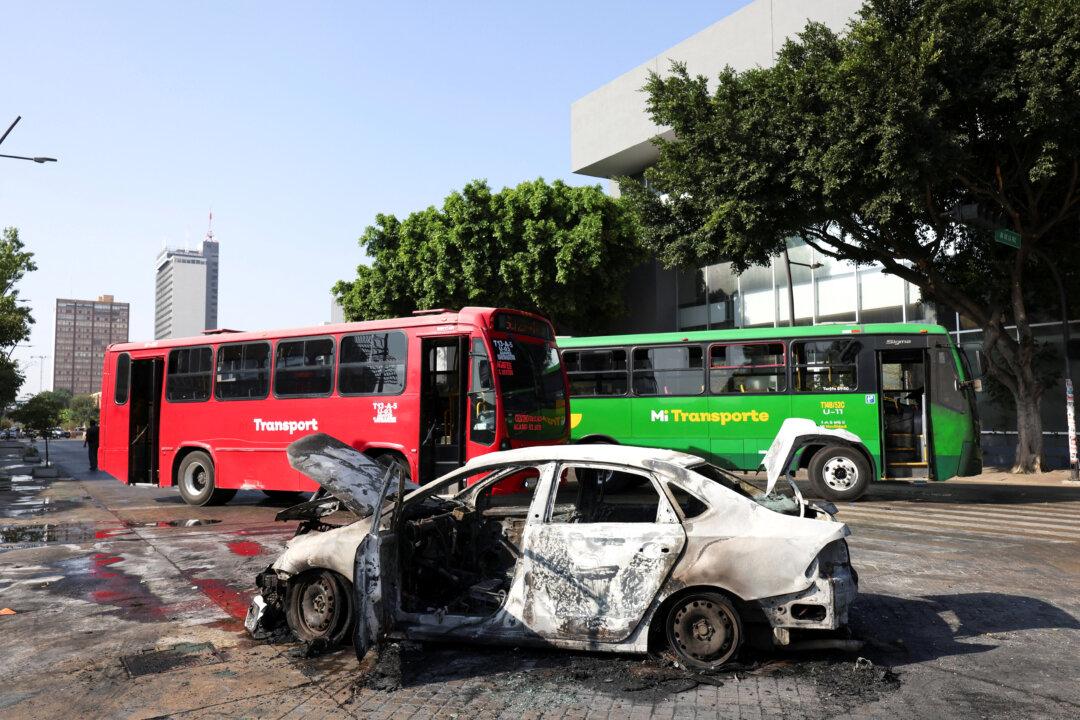The deadline to file an application to run for the Liberal Party leadership has now passed, and seven candidates will be vying for the top spot during the short campaign, pending party approval.
Leadership hopefuls had until Jan. 23 to make a $50,000 refundable payment and collect 300 signatures from registered Liberals, including 100 signatures in three different provinces.





